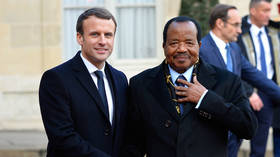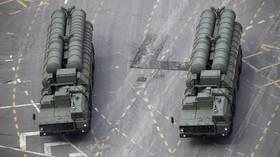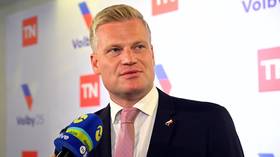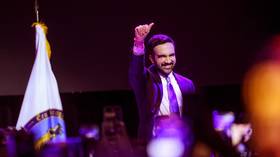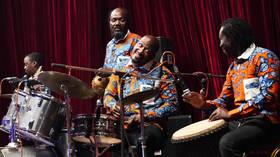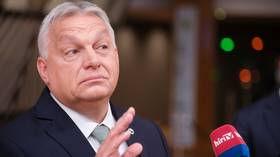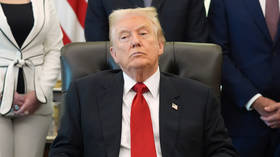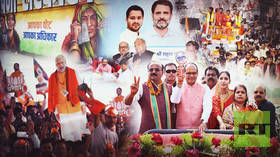World’s oldest-serving leader takes oath for eighth term
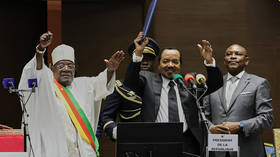
Cameroon’s longtime leader, Paul Biya, has been sworn in for an eighth term after securing victory with 53.66% of votes cast in the Central African country’s disputed October 12 presidential election.
During the inauguration on Thursday in the capital, Yaounde, the 92-year-old president, Africa’s second-longest-serving head of state, pledged to “work tirelessly for the advent of a united, stable and prosperous” Cameroon.
“I will spare no effort to continue to be worthy of this trust, whatever the circumstances, no matter the difficulties, obstacles and challenges,” he said in an address in parliament.
Biya has ruled Cameroon since 1982, making him the world’s oldest leader. He is the second person to lead the country since its independence from France in 1960. He removed presidential term limits in 2008, paving the way for his continued rule.
His controversial reelection has sparked widespread protests across the country, with demonstrators denouncing the vote as fraudulent.
According to UN sources cited by Reuters, at least 48 civilians have been killed in the unrest since the Constitutional Council declared Biya the winner on October 27. Most of the victims were reportedly killed by live rounds, while others were fatally beaten with batons and sticks.
The government has said it will pursue legal action against Biya’s main rival, Issa Tchiroma Bakary, accusing him of inciting “violent post-election demonstrations.”
Bakary, who won 35.19% of the vote, had declared himself the winner days before the official announcement of the results.
On Thursday, Biya accused “irresponsible politicians” of disturbing the country’s peace.
“It is my responsibility to ensure that order is maintained. I can assure you that order will prevail,” he said.
Biya also vowed to intensify efforts to fight corruption, accelerate public investment and improve access to energy, water and health services during his seven-year term. He announced a youth employment plan offering tax breaks to firms that hire young people and channeling state funds into labor-intensive projects. He pledged to sustain counterterrorism operations and address separatist violence in the North-West and South-West regions.
